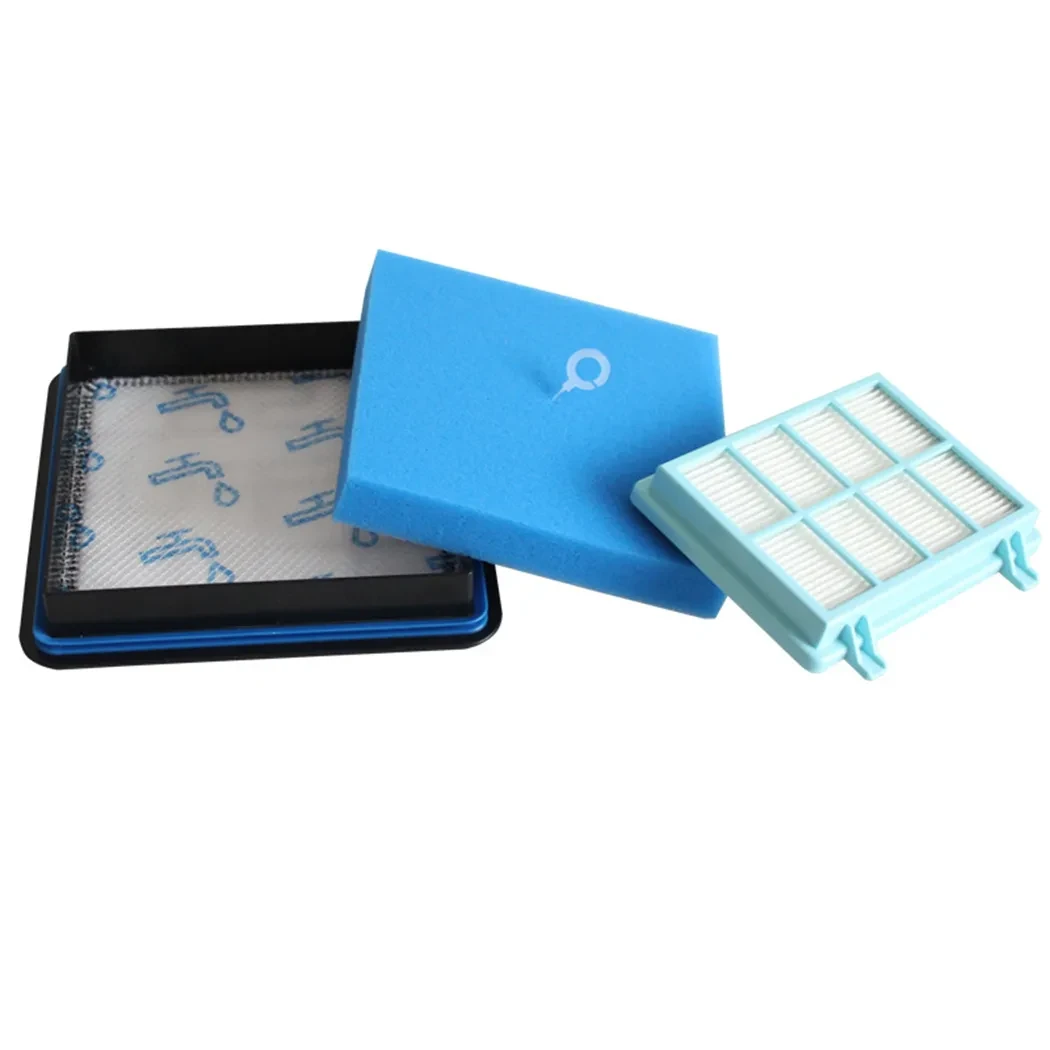
HEPA Filters for Vacuums:
Product material:
Material: ABS
Details:
Function: Secondary filter
Use environment: Home
Applicable area: 101-150 square meters
Product Category: Vacuum Cleaner Hypa
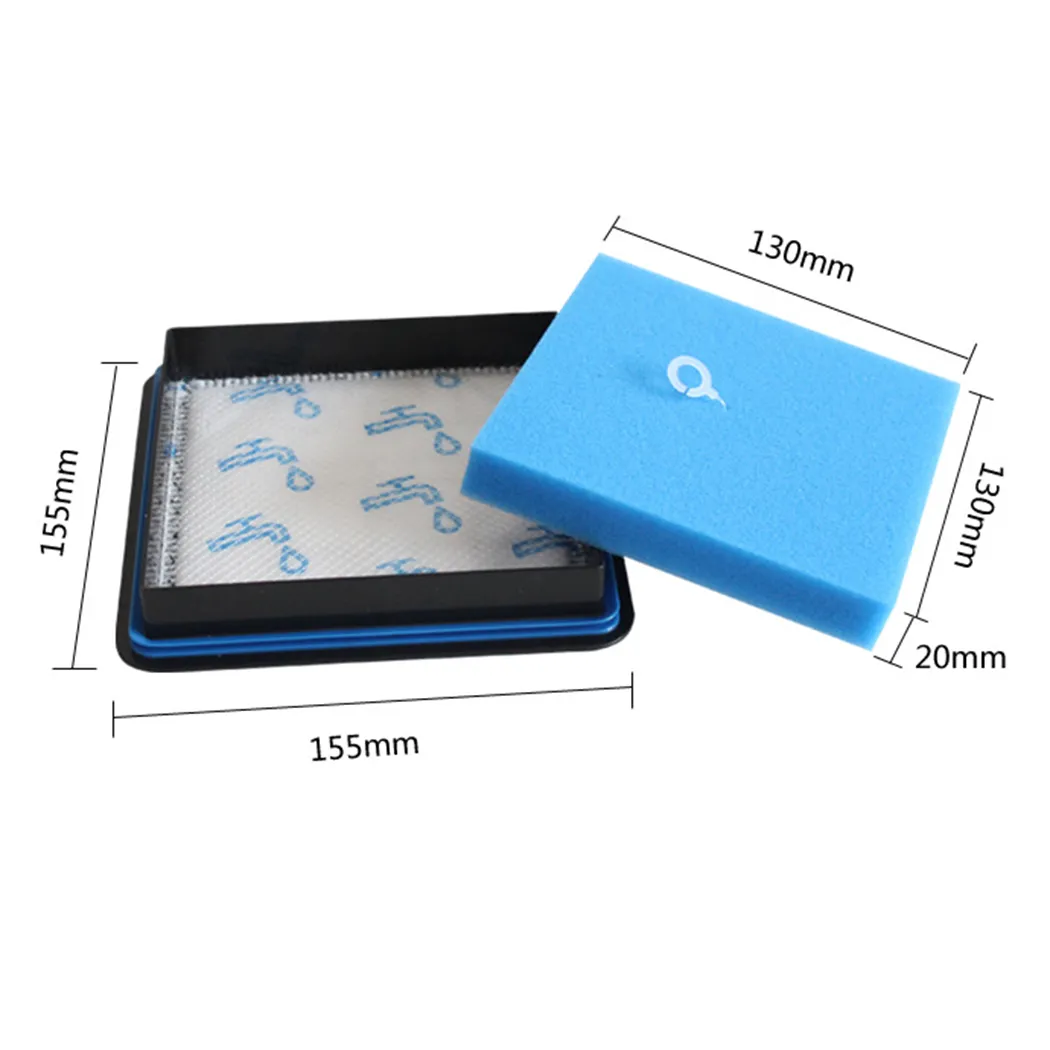
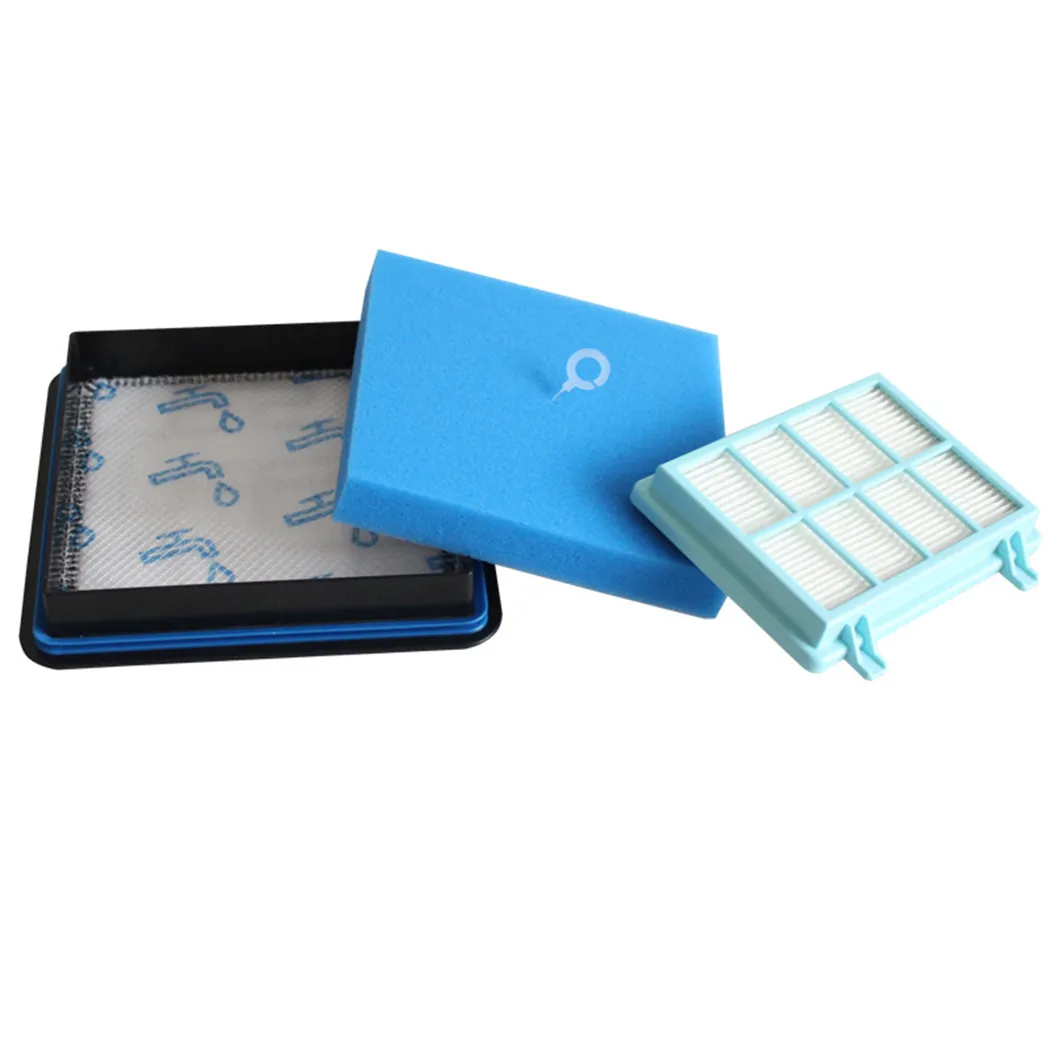
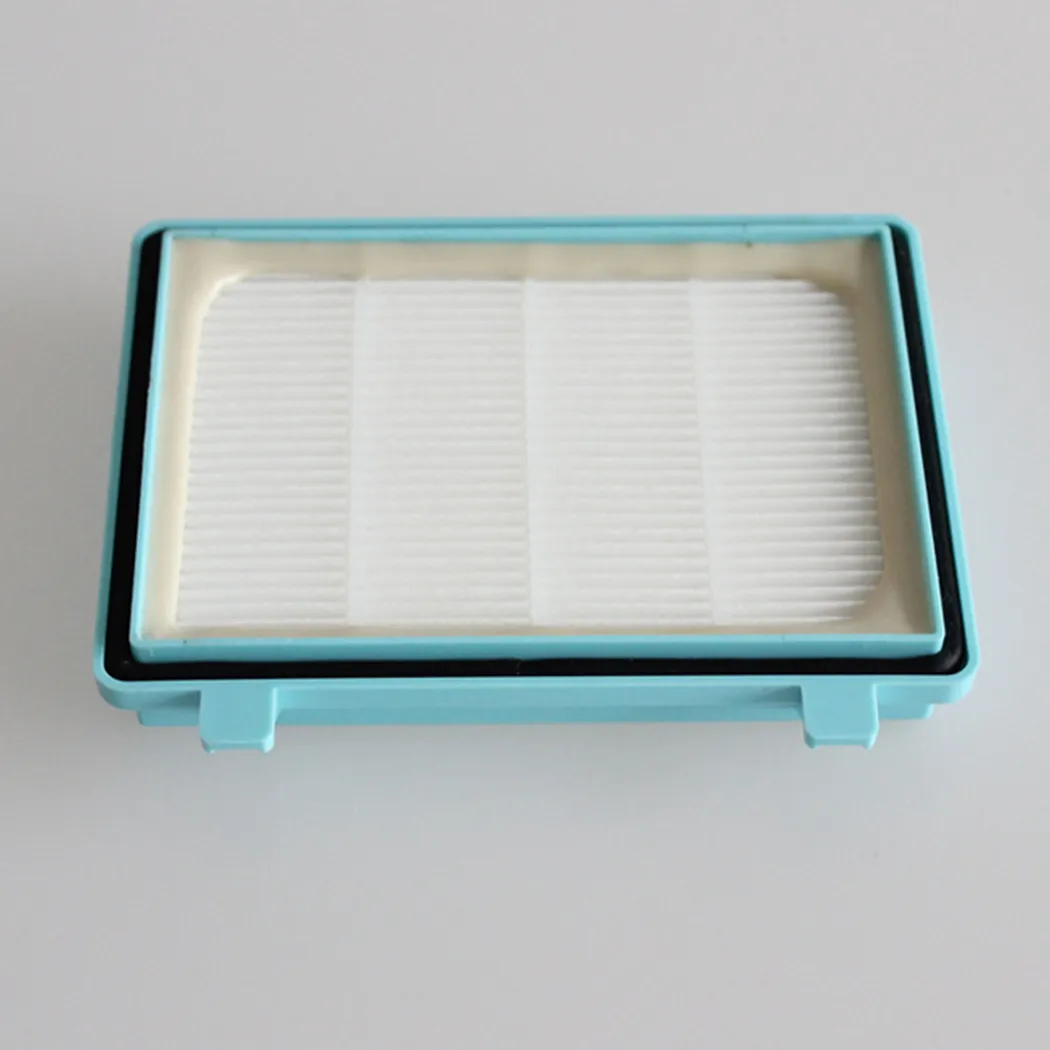
HEPA Filters for Vacuums: A Comprehensive Guide for Clean Air and Efficient Cleaning
When it comes to deep cleaning your home, a vacuum cleaner with a HEPA filter is a must-have. The HEPA (High-Efficiency Particulate Air) filter is a critical component in vacuum cleaners designed to trap and remove microscopic particles such as dust, pollen, pet dander, and other allergens. In New Zealand, where many homes deal with dust, allergies, and pet hair, using a vacuum with a HEPA filter can significantly improve the air quality and the cleanliness of your home.
What is a HEPA Filter and How Does it Work?
A HEPA filter is a specially designed air filter that can trap 99.97% of particles that are 0.3 microns or larger in size. This includes a wide range of airborne particles, such as:
- Dust: Small particles of dirt and debris that can accumulate on floors and surfaces.
- Pollen: An allergen that can trigger respiratory problems for many individuals, especially in the spring.
- Pet Dander: Tiny flakes of skin shed by pets, which are a common cause of allergies.
- Mold Spores: Microscopic spores from mold that can affect air quality and trigger respiratory issues.
-
Bacteria and Viruses: While HEPA filters are not designed to capture all viruses, they can trap many bacteria and some
airborne pathogens.
Why Use a HEPA Filter in Your Vacuum Cleaner?
Vacuum cleaners are designed to pick up dirt, debris, and dust, but traditional vacuum filters often allow fine particles to be blown back into the air. This can worsen air quality and exacerbate allergy or asthma symptoms. A HEPA filter, on the other hand, captures even the smallest particles, preventing them from re-entering your home’s air. The benefits of using a HEPA filter in your vacuum cleaner include:
-
Improved Air Quality: By trapping dust, allergens, and pollutants, HEPA filters help improve indoor air quality, creating a
cleaner environment, especially in homes with pets, children, or allergy sufferers.
-
Effective Allergen Removal: A vacuum cleaner with a HEPA filter can significantly reduce allergens in the home, providing
relief for those who suffer from allergies or asthma.
-
Cleaner Floors and Surfaces: HEPA filters help ensure that even the smallest particles are picked up, leaving your floors
and surfaces cleaner and free from harmful dust.
-
Better Health: By removing fine particles from the air, HEPA filters can help reduce respiratory issues and improve overall
health by reducing exposure to allergens and irritants.
Types of HEPA Filters for Vacuums
Not all HEPA filters are the same, and there are different types that vary in their filtration capabilities:
-
True HEPA Filters: These filters meet the highest standards of filtration and are capable of trapping 99.97% of particles
that are 0.3 microns or larger. True HEPA filters are the gold standard and the most effective at improving air quality.
-
HEPA-Type Filters: While they are often marketed as “HEPA,” these filters don’t meet the full standard of true HEPA
filters. They may only capture a portion of the airborne particles, making them less effective for allergy sufferers or those looking for
optimal filtration.
-
Washable HEPA Filters: Some vacuum cleaners come with washable HEPA filters that can be cleaned and reused multiple times.
This option is eco-friendly and cost-effective, but it requires regular maintenance to ensure optimal performance.
-
Carbon HEPA Filters: These filters combine HEPA filtration with an activated carbon layer to help trap odors, making them
ideal for households with pets or smokers. They are particularly useful for improving indoor air quality in homes that require both allergen
removal and odor control.
Benefits of Using a Vacuum Cleaner with a HEPA Filter
There are numerous advantages to using a vacuum with a HEPA filter, particularly for homes in New Zealand:
-
Ideal for Allergy Sufferers: If you suffer from allergies or asthma, a vacuum cleaner equipped with a HEPA filter can help
reduce symptoms by removing airborne allergens like dust, pollen, and pet dander.
-
Pet-Friendly Cleaning: Homes with pets often have pet hair, dander, and other allergens that can accumulate in the carpet
and upholstery. HEPA filters are effective at removing pet hair and dander, helping to create a cleaner, healthier living space.
-
Cleaner Homes for Children: Children are more susceptible to dust and allergens. A vacuum cleaner with a HEPA filter
ensures that your home is as free of dust and allergens as possible, providing a cleaner environment for your little ones.
-
Longer Lasting Vacuum Cleaner: Using a vacuum with a HEPA filter helps to prevent the buildup of dust and debris in the
vacuum cleaner itself. This can help prolong the life of your vacuum cleaner and improve its overall efficiency.
How to Maintain and Replace HEPA Filters
To ensure your HEPA filter is working at its best, it’s important to maintain and replace it regularly. Here’s how you can care for your HEPA filter:
-
Check the Manufacturer’s Instructions: Always follow the manufacturer’s guidelines for cleaning and replacing your HEPA
filter. Some filters can be cleaned, while others need to be replaced after a certain period of use.
-
Clean Regularly: If your vacuum uses a washable HEPA filter, rinse it under cold water to remove dust and debris. Allow it
to dry completely before reinserting it into the vacuum.
-
Replace When Necessary: HEPA filters should be replaced periodically, as they can become clogged over time. A clogged
filter reduces suction power and effectiveness. Typically, a HEPA filter should be replaced every 6–12 months, depending on usage.
-
Monitor Airflow and Suction: If you notice a decrease in suction or airflow from your vacuum, it may be a sign that the
filter needs cleaning or replacing.
Choosing the Right HEPA Filter for Your Vacuum
When choosing a HEPA filter for your vacuum, consider the following factors:
-
Vacuum Compatibility: Ensure that the HEPA filter you purchase is compatible with your vacuum cleaner model. Some vacuums
require specific filters, so check the manufacturer’s guidelines.
-
Filtration Power: If you need the highest level of allergen removal, opt for a true HEPA filter. If you don’t require the
highest filtration level, a HEPA-type filter may still offer good performance for general cleaning.
-
Replacement Costs: Consider the cost of replacing the filter when selecting a vacuum cleaner with a HEPA filter. While
washable filters can save money in the long run, disposable filters may need to be replaced more frequently.
Conclusion
A vacuum cleaner with a HEPA filter is an essential tool for maintaining a clean and healthy home, especially in environments where allergens, dust, and pet dander are common. By using a HEPA-equipped vacuum cleaner, you can significantly improve the air quality in your home, reduce allergy symptoms, and keep your floors and surfaces free from microscopic particles. Whether you suffer from allergies or simply want a cleaner home, investing in a vacuum cleaner with a HEPA filter will provide long-lasting benefits for you and your family.
The product may be provided by a different brand of comparable quality.
The actual product may vary slightly from the image shown.
Shop amazing plants at The Node – a top destination for plant lovers

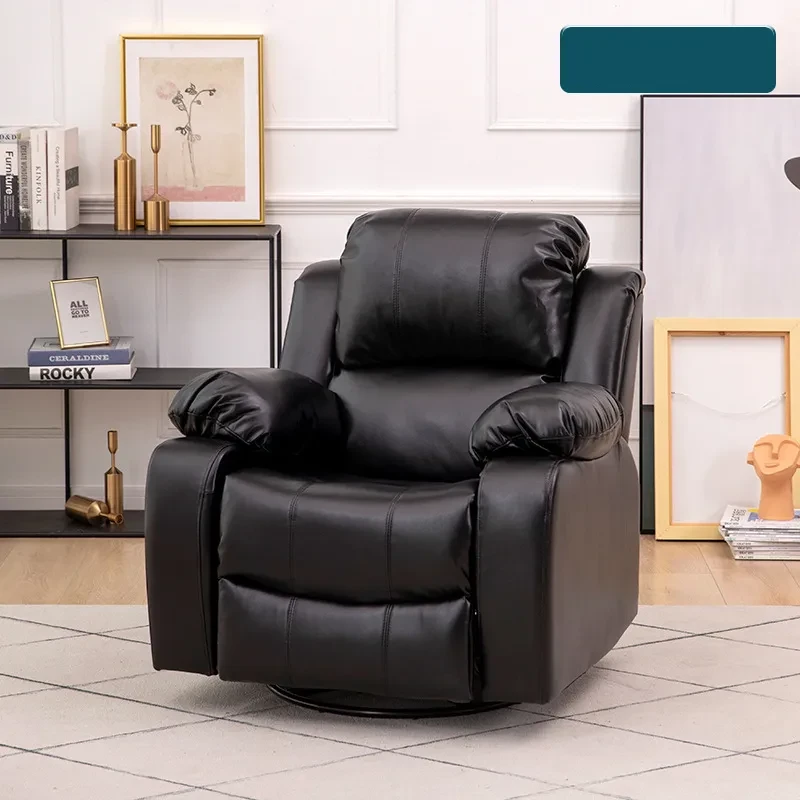
.png)


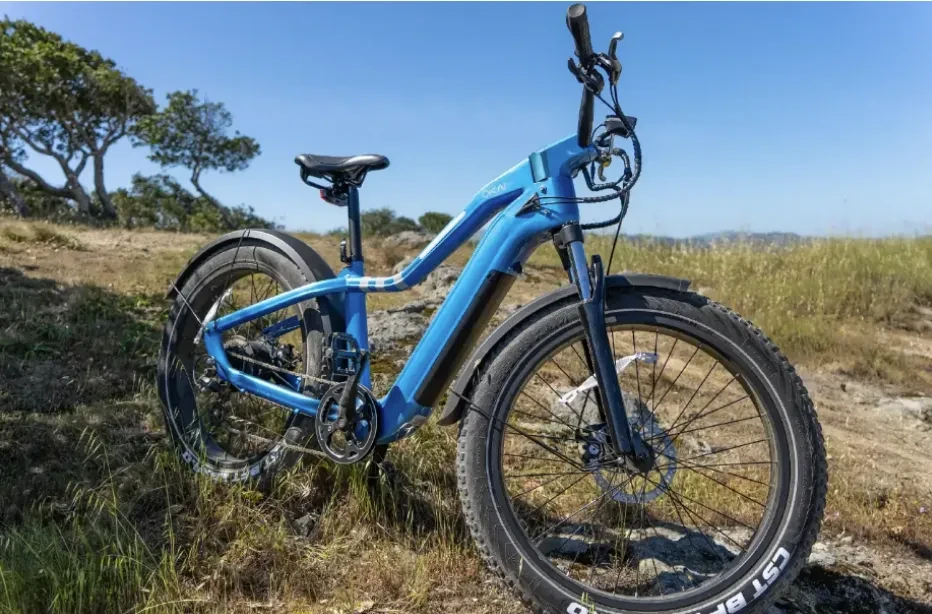

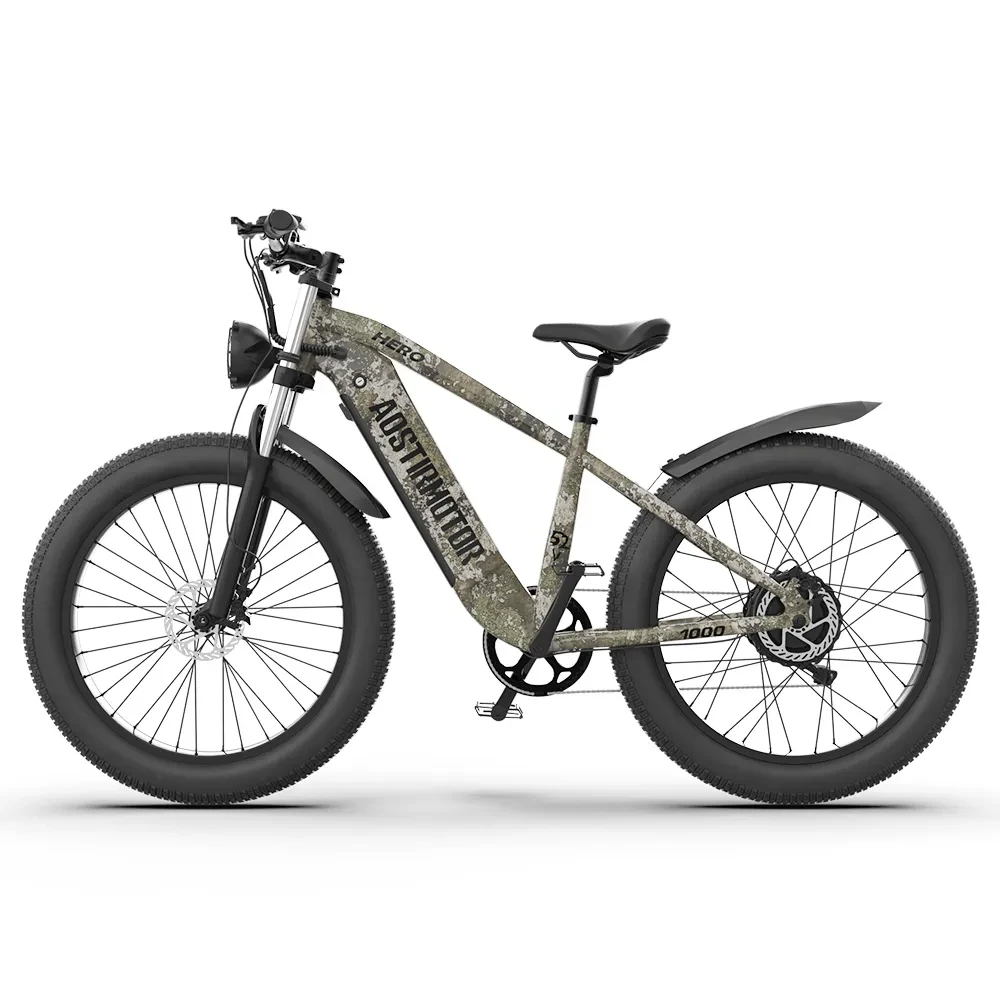
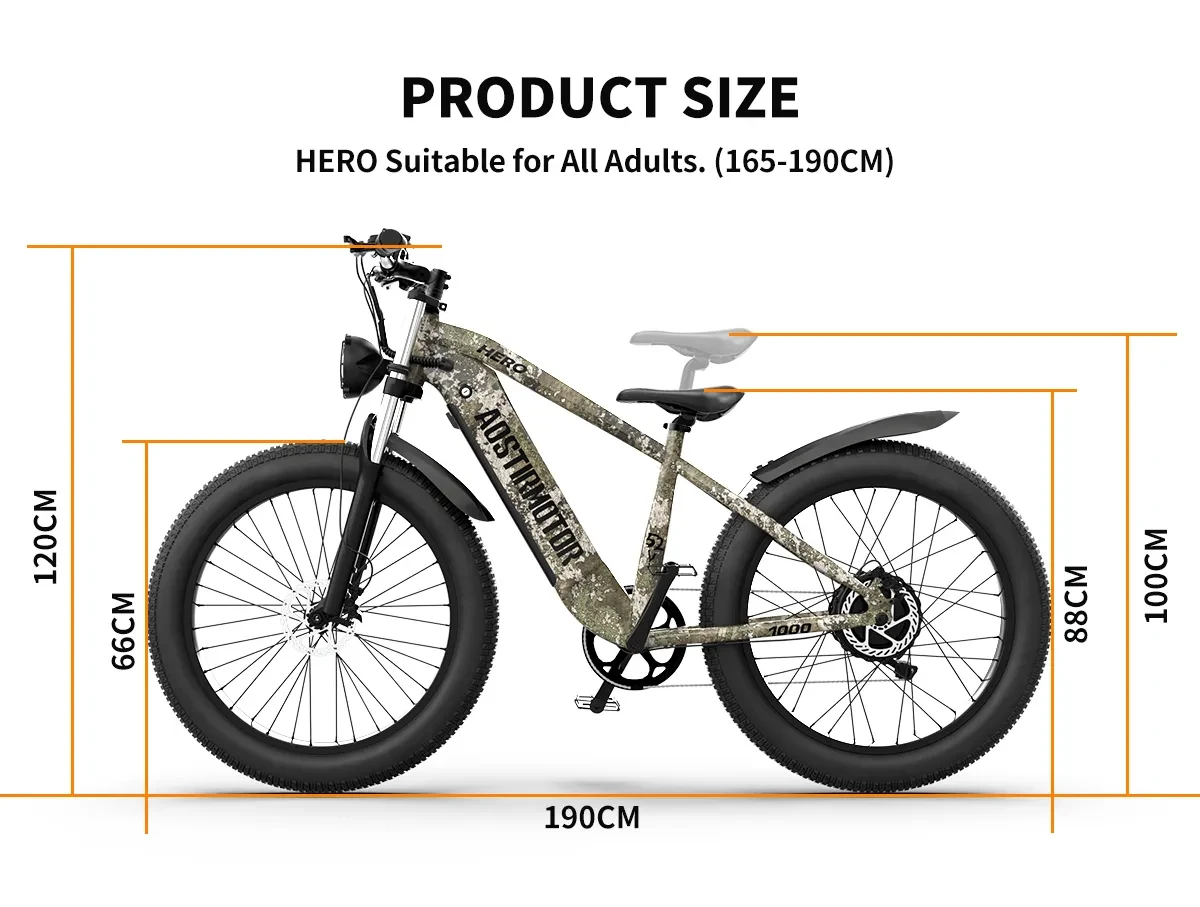
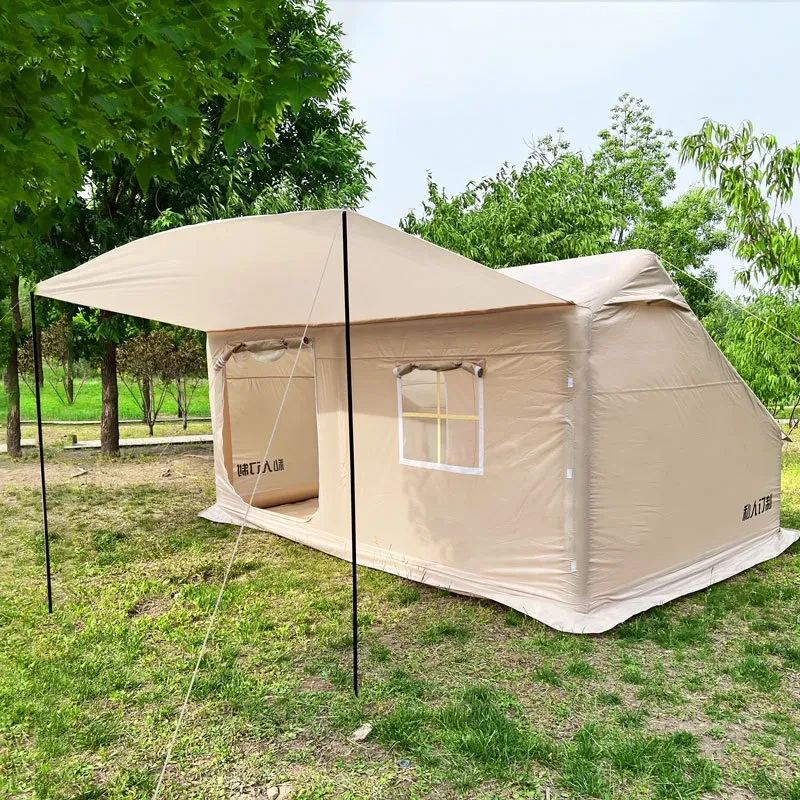
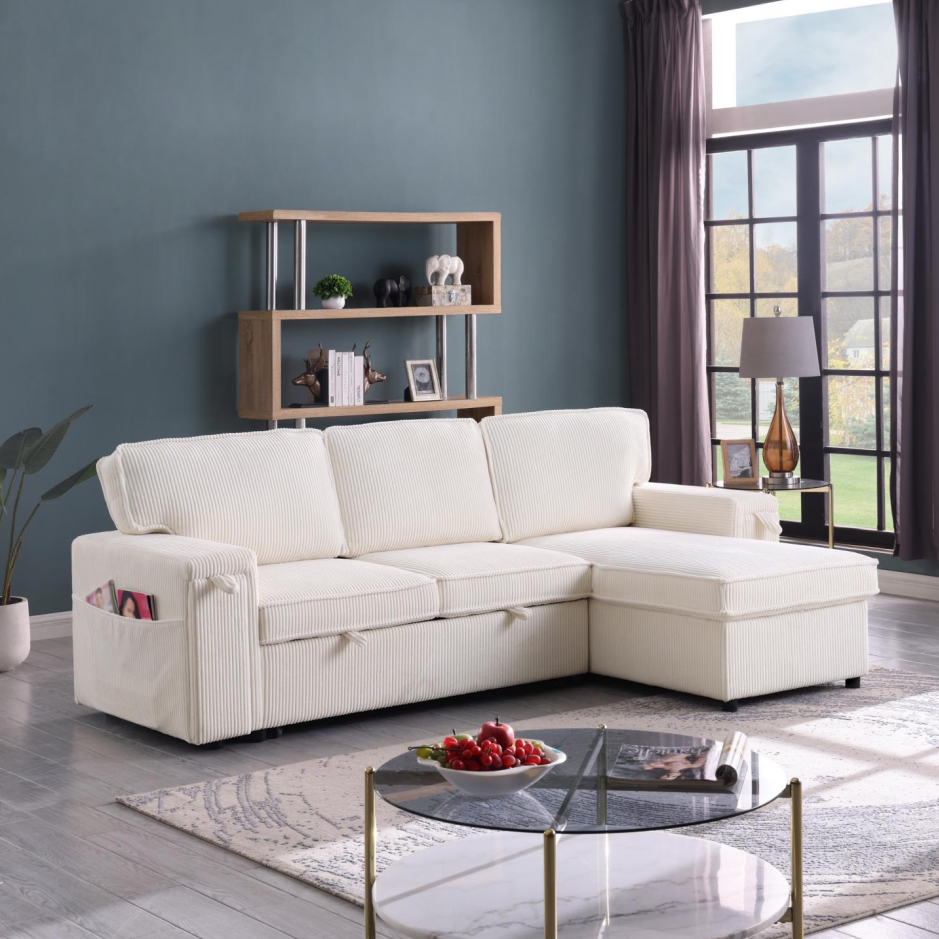
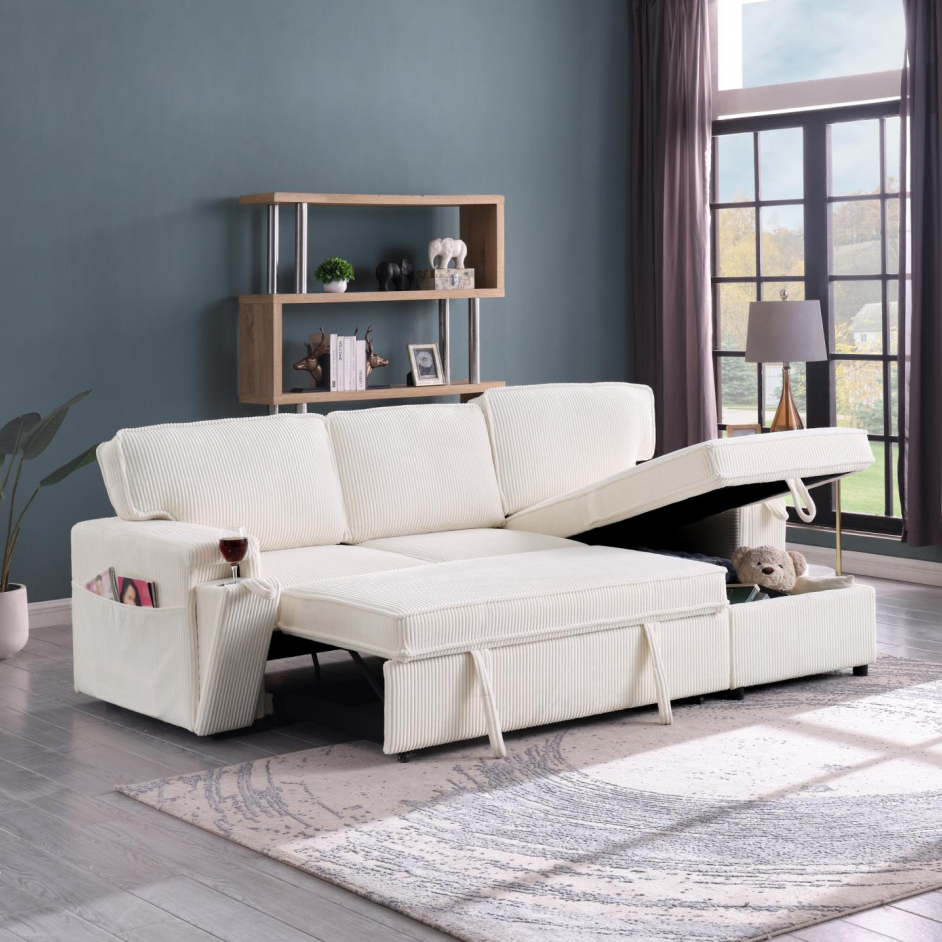
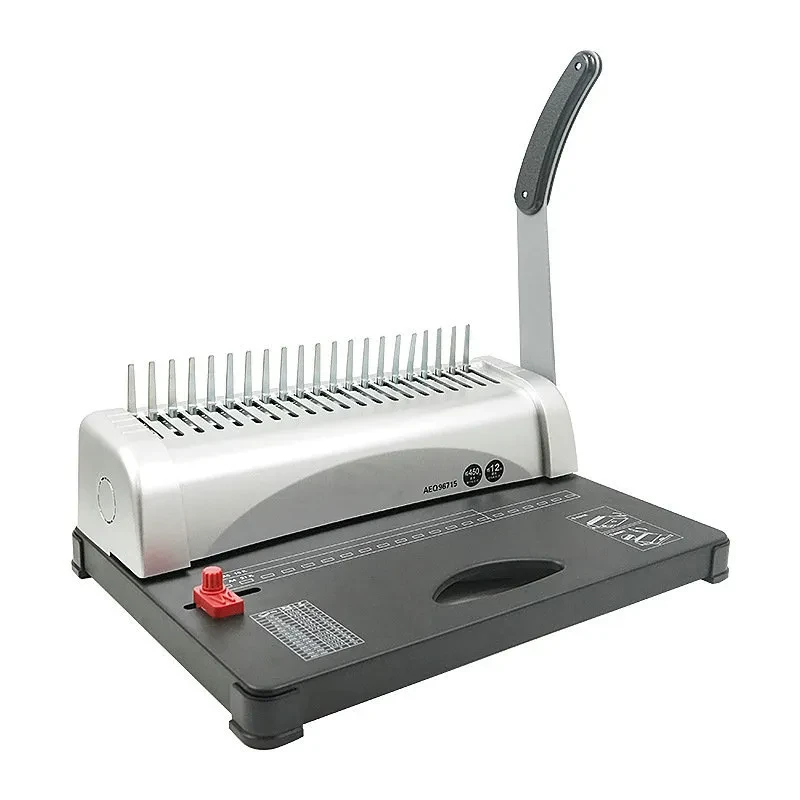


.jpg)









.jpg)





.jpeg)





.jpeg)



.jpeg)








.jpeg)



.jpeg)

.jpeg)

.jpeg)

.jpeg)




.jpeg)
.jpg)

.jpeg)






.jpeg)
.jpeg)




.jpeg)





.jpeg)


.jpeg)

.jpeg)

.jpeg)

.jpeg)







.jpeg)
.jpeg)
.jpeg)





.jpeg)



.jpeg)






.jpg)
.jpeg)









.jpg)


ulva-Logo.jpg)




.jpeg)



.png)















.png)
























